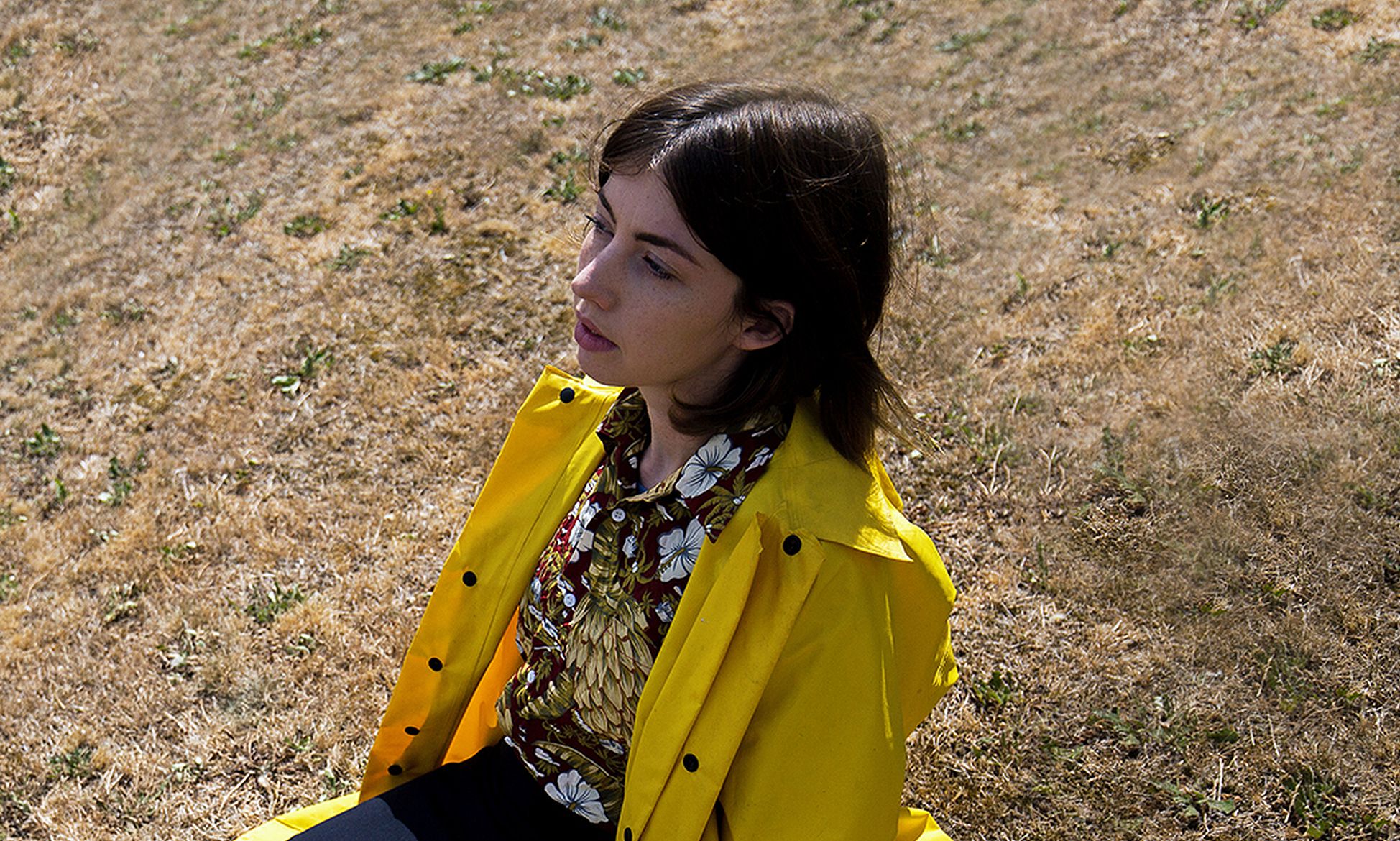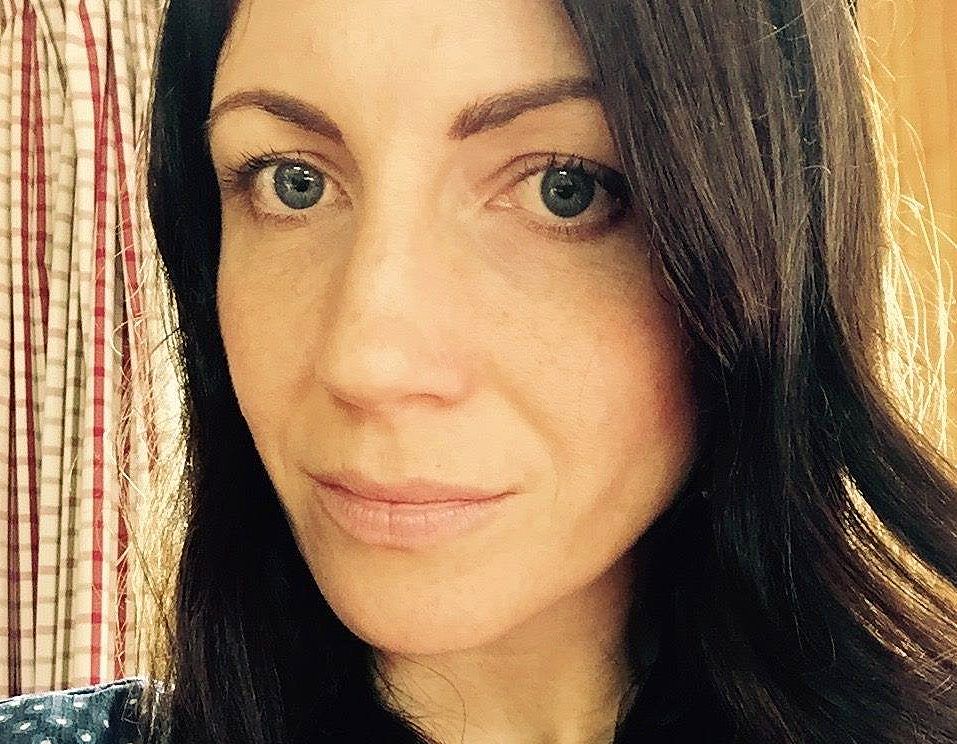Review: Hera Lindsay Bird, by Hera Lindsay Bird
Sarah Jane Barnett reviews Hera Lindsay Bird, by Hera Lindsay Bird.
Review: Hera Lindsay Bird
by Hera Lindsay Bird
Victoria University Press, 2016
I asked to review Hera Lindsay Bird by Hera Lindsay Bird. I wanted to get in first, just as everyone at the book launch in Wellington wanted to get in first. They crammed into Unity Books, flush cheeked and swarming around Bird’s small, red-lipped figure.
The collection topped the New Zealand bestsellers list on launch week. Bird was interviewed all over the place. More importantly, Lorde tweeted about the collection.
Bird was born in 1987 and grew up in Thames in the Coromandel. She has a Master’s in creative writing from Victoria University, where she was awarded the 2011 Adam Prize. Bird recently ran a creative writing workshop in Wellington, where she lives. The workshop was BYO and sounded like a good time. She works at Unity Books.
Now her bio’s out of the way, let’s talk about sex. In Bird’s collection, you’ll find: masturbation, cunts, public urination, orgasms, porn, fingering, tongues between legs, ass slapping and naked leash wearing. In his interview with Bird, Steve Braunias said “Sexual content may shock, or at least stun,” and her poetry has earned a reputation of being, as one Guardian reviewer called it, “frank, outrageous writing.” Yes and no. Poets have always written about sex. Robert Hass’s poems are full of sex and cunts. Once Pablo Neruda asked readers to “Invade me with your hot mouth; interrogate me…”
Women writing about sex – think Kim Addonizio or Sharon Olds – are also not subversive or newsworthy. Auckland University Press published Good Handful: Great New Zealand Poems About Sex in 2008, so there’s at least an anthology’s worth of New Zealand poets writing about sex. Still, a young bisexual woman writing about sex with such lusty casualness, such humour, talent, and forlorn intensity – well, that’s new.
Sex is not the most interesting aspect of Bird’s collection. What will stun Steve is the way Bird uses humour to draw in her reader. As she says, “You can get away with anything in a poem / As long as you say my tits in it.” You’re reading along and enjoying the funny poem and before you realise it’s sad or heartbreaking or disturbing. Bird’s poetry reminds me of that anecdote about how to cook a frog. If you put a frog into a pan of boiling water it hops out. Put the frog into cold water and bring it to a boil, and the frog doesn’t notice the gradual change in temperature. Eventually it’s cooked. As Bird warns, “You might think this book is ironic / But to me, it is deeply sentimental.” As the collection is still topping the New Zealand bestseller list, there are a lot of frogs out there who don’t know they’re reading poetry.
The poems in Hera Lindsay Bird are mostly litanies that explore the experience of being in and out of love. Bird’s voice is candid and self-mocking. She’s aware her poems are part of a long tradition, and that her “beige … despair” is just like everyone else’s. One standout poem is Bird’s critique of Mary Oliver’s ‘Wild Geese’ in ‘Wild Geese by Mary Oliver by Hera Lindsay Bird.’ This is truly where Bird gets sexy, as she rejects the simplicity of Oliver’s geese as a metaphor for escaping pain:
I just don’t think it’s real
to think of geese and feel so beautiful about yourself
and so far away.
Yesterday my girlfriend and I borrowed a car
and drove down through the valley
where my mother almost starved herself to death thirty years ago
a huge silver wind blowing in from the sea.
The genius of Bird’s poems is her ability to present surprising simile after surprising simile that expose (rather than reduce) love’s complexity. For instance, when describing her love-ache for someone, Bird states:
wedged
like a double-sided battle-axe
in the cleft of an antique rocking chair
still rocking
with its slow elliptical
murder force.
Or, “I love you standing in the water wearing the river / like an invisible pair of shoes,” or “I write this poem like an obituary in Comic Sans,” or “When I’m not with you I am like / a lonely wrestler with nobody to break chairs on.” The repetition is an intense and clever enactment of the way someone in love obsessively thinks about their lover; of the way love takes us.
The one question I have is about the poems that turn back to humour at the last moment. The move subverts a traditional lyric conclusion, and the idea that all poems require transformation, but sometimes it felt too easy. For example, in the poem ‘Monica’ about the character Monica Geller from Friends, Bird unpacks Monica’s psychology while also remembering a past relationship: “Because my sadness had less to do with the emotional specifics of that situation / And more to do with the transitory nature of romantic love.” Bird reveals, “I am falling in love and I don’t know what to do about it / Throw me in a haunted wheelbarrow and set me on fire,” but then deflects with the poem’s last line, “And don’t even get me started on Ross.” I wonder how the poem would have felt if Bird had stayed in a more complex emotional space.
Hera Lindsay Bird deserves its current cult status. It’s an incredible collection. Bird grips hard to life’s beauty and ridiculousness, stating, “Friends, I love everything new / even the first days of heartbreak.” She makes me want to be brave. She make me want to read her book again, right now. While some may criticise her work as being ‘one note,’ I say: what a note Bird has found. It’s like an orchestra tuning their instruments. They may all play the same note, but the variation in tone and timbre is there if you listen.
Hera Lindsay Bird by Hera Lindsay Bird can be purchased from Unity Books, other independent booksellers and from the Victoria University Press website.

